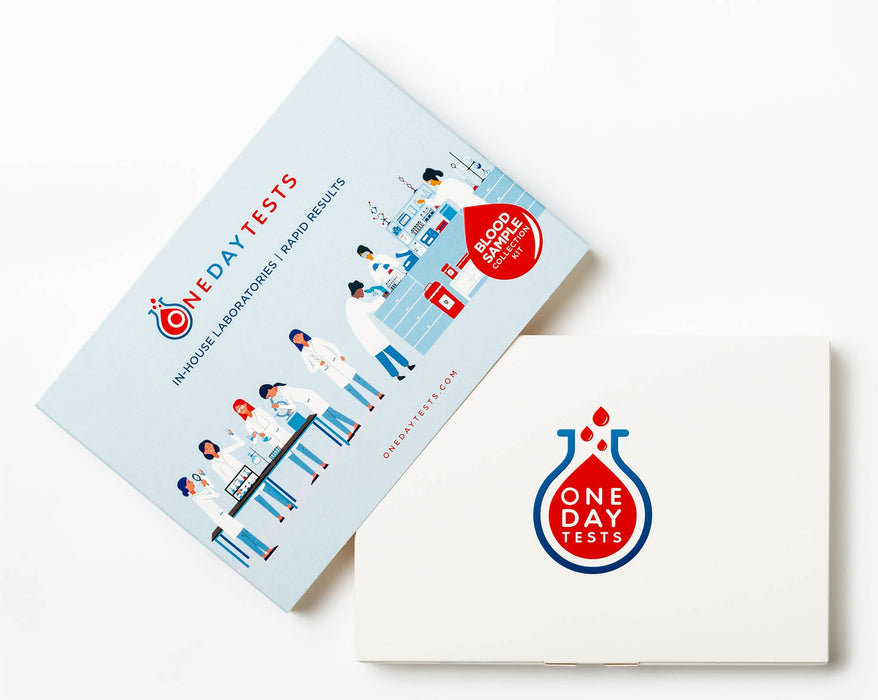

New Year is of course the time when we all make plans for self-improvement. For many, after the excesses of the Christmas period, the goal for the coming year is to achieve improved health through improved lifestyle. For those already taking medication, or who have already had discussions with their doctor about starting medication, the goal may be to reduce the medication burden, or avoid going on to medication altogether.
Heart disease, such as heart attacks and strokes, are a major public health concern in the UK. According to the Office for National Statistics, ischaemic heart disease was the leading cause of death for men in the UK in 2022, accounting for nearly 40,000 deaths or just over 13% of all male deaths.
Heart disease is the end point of the interaction between a number of different risk factors. These include getting older and being male, about which little can be done, but the other major risk factors – smoking, high cholesterol, high blood pressure, and diabetes – can all be improved with lifestyle changes.
This can seem like a mammoth task. Advice usually centres around major dietary changes or increases in exercise levels which can seem daunting. These are, of course, very important and the long term aim should be to both increase activity levels in your daily life and aim for an optimized diet. There are, however, some surprising adjustments that can make a big difference.
Simple dietary changes that can reduce blood pressure include:
Reducing Salt Intake:
In the UK, people take in an average of 8.5g of salt a day. If this was reduced just a little – to 5.8g – there would be 30,000 fewer strokes and heart attacks each year. This reduction can usually be achieved by not adding extra salt to food, or reducing the amount of salt used in cooking. This simple change is sometimes enough to get people off their blood pressure medication.
Switching to decaff
Every time you drink a caffeinated drink, there is a transient spike in your blood pressure. If you experience enough of these spikes throughout the day, the overall impact on your blood pressure can be harmful, contributing to your risk of heart disease through heart attacks and strokes.
Eating nuts
The oils in many nuts have blood pressure lowering properties and one study in the USA found that, if everybody in the US ate two portions of nuts each week, then there would be 90,000 fewer deaths due to cardiovascular disease (although note that the nuts need to be raw and unsalted).
For a more comprehensive dietary approach to managing blood pressure, you might be interested in learning about the Dietary Approach to Stop Hypertension (DASH). DASH has many features in common with the better known ‘Mediterranean Diet’, but you can find comprehensive information about it here: https://www.heart.org/en/health-topics/high-blood-pressure/changes-you-can-make-to-manage-high-blood-pressure/managing-blood-pressure-with-a-heart-healthy-diet.
There are a number of symptoms that you should look out for if you are concerned about your risk of heart disease. These can vary depending on what condition you have, however the key symptoms are:

At this time of year many people will also think about starting to exercise more. Throughout January gyms are heaving with newly motivated people. By February, normal service has resumed which means that a lot of people have given up already. This is usually because people take on too much, too soon and get disheartened.
However, to improve cardiovascular health and reduce the risk of heart disease, you really don’t have to take on so much. After just two weeks of brisk walking for 30 minutes each day your blood pressure will start to fall. This is a far more achievable and sustainable level of exercise for most people than an intensive gym regime and can usually be incorporated into daily life.
Besides high blood pressure, one of the other big beasts of heart disease is high levels of cholesterol. Like blood pressure, relatively small changes in diet can make significant changes in your cholesterol. For example, oats contain beta glucan which binds LDL-cholesterol (also known as bad cholesterol). If eaten every day, a bowl of porridge made from 30g of oats contains enough beta glucan to reduce your cholesterol by 7%. The same can be achieved by eating 3 oatcakes or 75g of pearl barley. Making small substitutions like switching to soya milk, or using soya mince instead of beef mince, will also lower your intake of saturated fat and reduce your cholesterol.
Reducing your cardiovascular risk is often seen as something that requires major lifestyle changes and medication but, as you can see from the above, small changes can make a big difference. By not adding salt to your food, eating porridge for breakfast, and walking for 30 minutes each day, you would make significant health gains.
When making changes to your diet and exercise its important to monitor the impact on your body. At One Day Tests we offer over 145 different blood tests that provide insights in every aspect of your health and well-being.
Our Ultimate Performance Blood Test is our most comprehensive health screen panel, offering a full body systems health check and receive vital early warnings for potential health issues.
Alternatively if you just want to monitor your Cholesterol level or detect for Diabetes we offer individual tests for these.
Regular screening, at least on an annual basis, will help you monitor any changes and make necessary adjustments to your lifestyle.
Find out more:
Ultimate Performance Blood Test


Leave a comment